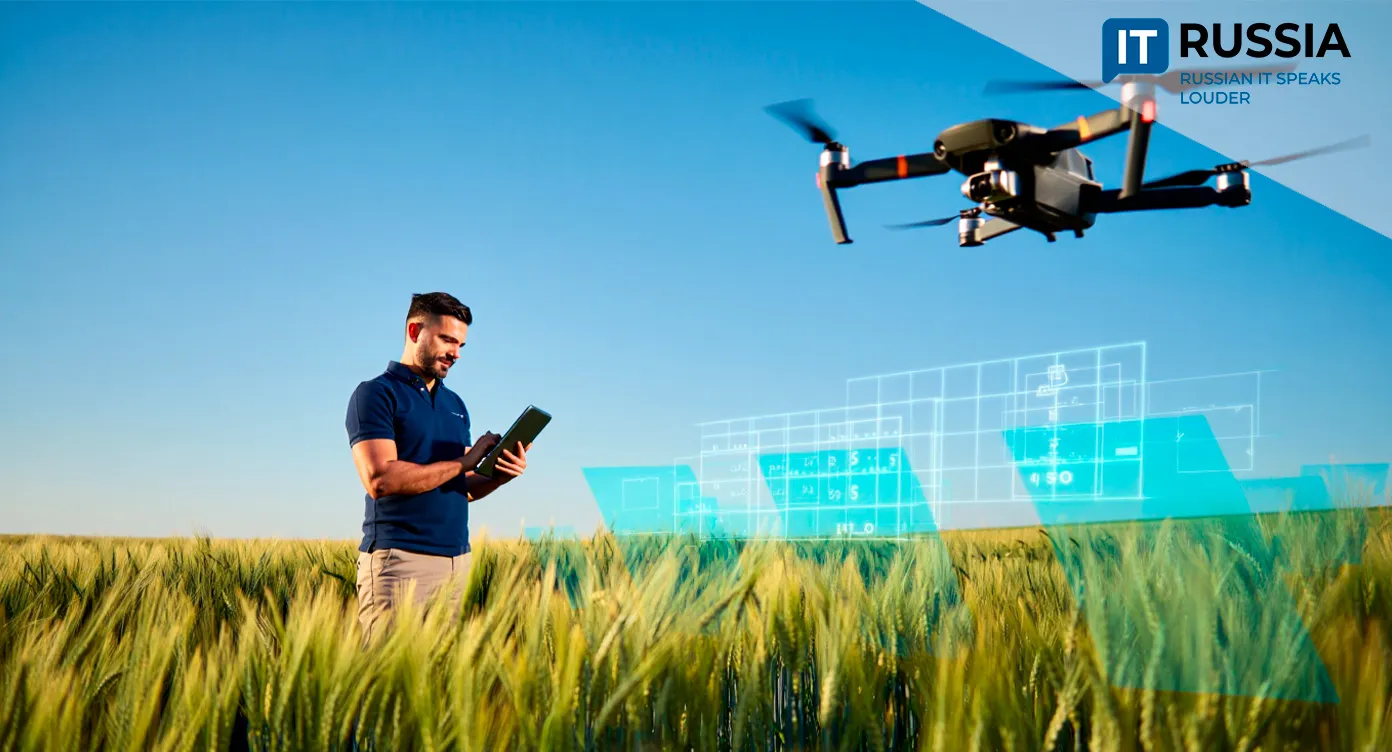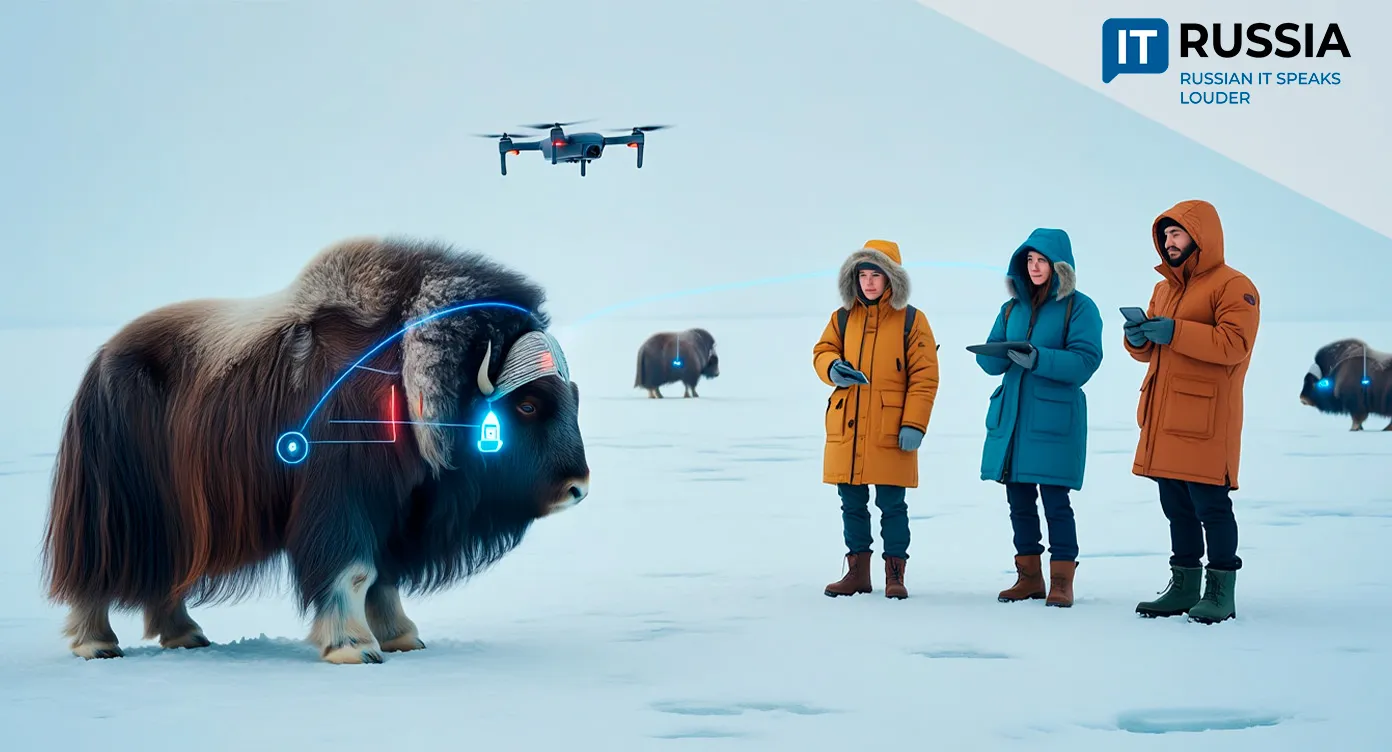Russian Software Gains Ground in Critical Industries
Russian-developed software, especially in the industrial sector, is rapidly expanding its role as domestic vendors step in to replace Western technology providers.

Industry and Import Substitution
Russian-made software solutions are gaining momentum across key industrial sectors, as local developers confidently occupy the niches left behind by departing Western vendors.
The Digital Future of Aviation Manufacturing
Russian enterprise software developer VK Tech has signed a strategic cooperation memorandum with OAK-Resource, a subsidiary of the United Aircraft Corporation (part of the Rostec State Corporation). The goal: accelerate the digital transformation of OAK-Resource’s internal processes, reduce dependence on foreign suppliers, and strengthen the technological sovereignty of the aviation sector.

The partnership aims to automate key business processes, increase operational efficiency, and build a secure IT landscape based entirely on Russian technologies. The initiative is set to modernize the digital infrastructure of one of the most strategically important sectors for the country — the aviation and defense industry.
Prepared for Challenges
For the Russian IT sector, the agreement reflects a clear trend: large industrial and state-owned enterprises are increasingly migrating to domestic solutions. This shift not only strengthens the domestic market but also accelerates the nation’s expertise in import substitution.
For the aviation and defense sector, the partnership enables rapid deployment of advanced digital tools — from ERP platforms to manufacturing data-management systems — greatly enhancing both efficiency and security.
At the national level, the initiative supports Russia’s strategic objective of technological sovereignty amid geopolitical pressure and sanctions. While the agreement has no immediate impact on the global IT market, long-term success could ultimately lead to export potential, especially in countries looking to diversify their technology supply chains.
For employees, regions and local industries, the benefits may be indirect yet meaningful: more stable operation of defense-industry enterprises, new high-skill jobs in IT, and upgraded digital infrastructure in the regions where partner facilities operate.
Risk Mitigation Strategy
Projects of this scale require a structured risk-management approach. First, a full audit of OAK-Resource’s current IT architecture is needed to ensure seamless integration of new platforms. Second, step-by-step training for all user groups — from IT personnel to end-users — must focus on practical skills and ongoing support. Third, VK Tech must ensure full compliance with cybersecurity and industry certifications issued by federal regulators.

Management readiness will also be decisive: digital modernization demands not only technical changes but organizational ones, including workflow redesign, redistribution of responsibilities, and active involvement of leadership at every stage. If technological maturity and corporate flexibility align, the project is positioned for success.
A Digital Breakthrough Under Sanctions Pressure
In 2021, analysts warned of weaknesses in Russia’s ICT import-substitution strategy. But after sanctions escalated in 2022, the situation shifted: Russian industrial companies began rapidly adopting domestic IoT platforms, big-data analytics systems, and automation tools. For example, SIBUR announced the launch of a fully Russian industrial IoT platform.
By the end of 2024, the Russian corporate software market grew by 34%. According to Strategy Partners, the sector is forecast to expand by an average of 24% annually through 2030, reaching $8.8 billion, or about 10% of the national IT market (projected at $88 billion by 2030).
Several factors are driving this growth. The exit of foreign vendors freed valuable market space, now being filled by Russian tech leaders such as Sber, Yandex, VK Tech, Astra and others, who are building full-scale corporate software ecosystems.

Another powerful stimulus is a reduced 5% profit tax rate for IT companies from 2025 to 2030. Revenue among Russia’s 100 largest IT firms reached $31.4 billion in 2023 — up 19% from 2022 and 32% from 2021.
Strategy Partners’ outlook is strongly positive: a combination of favorable macroeconomic conditions, state support and rapid expansion by domestic developers is shaping a stable long-term growth trajectory for the industry.
A New Era for Russian Software
The VK Tech and OAK-Resource agreement is a natural extension of Russia’s broader technology strategy. Pilot projects in digitalization are expected to begin soon, followed by deployment across additional UAC facilities in the coming years. Success could open foreign markets for Russian-made software — particularly among Russia-aligned economies.
The final outcomes, however, will depend not on declarations, but on execution. Implementation quality, change-management capability, and the ability to deliver secure and competitive products will determine whether this initiative becomes a national benchmark — or a missed opportunity.










































